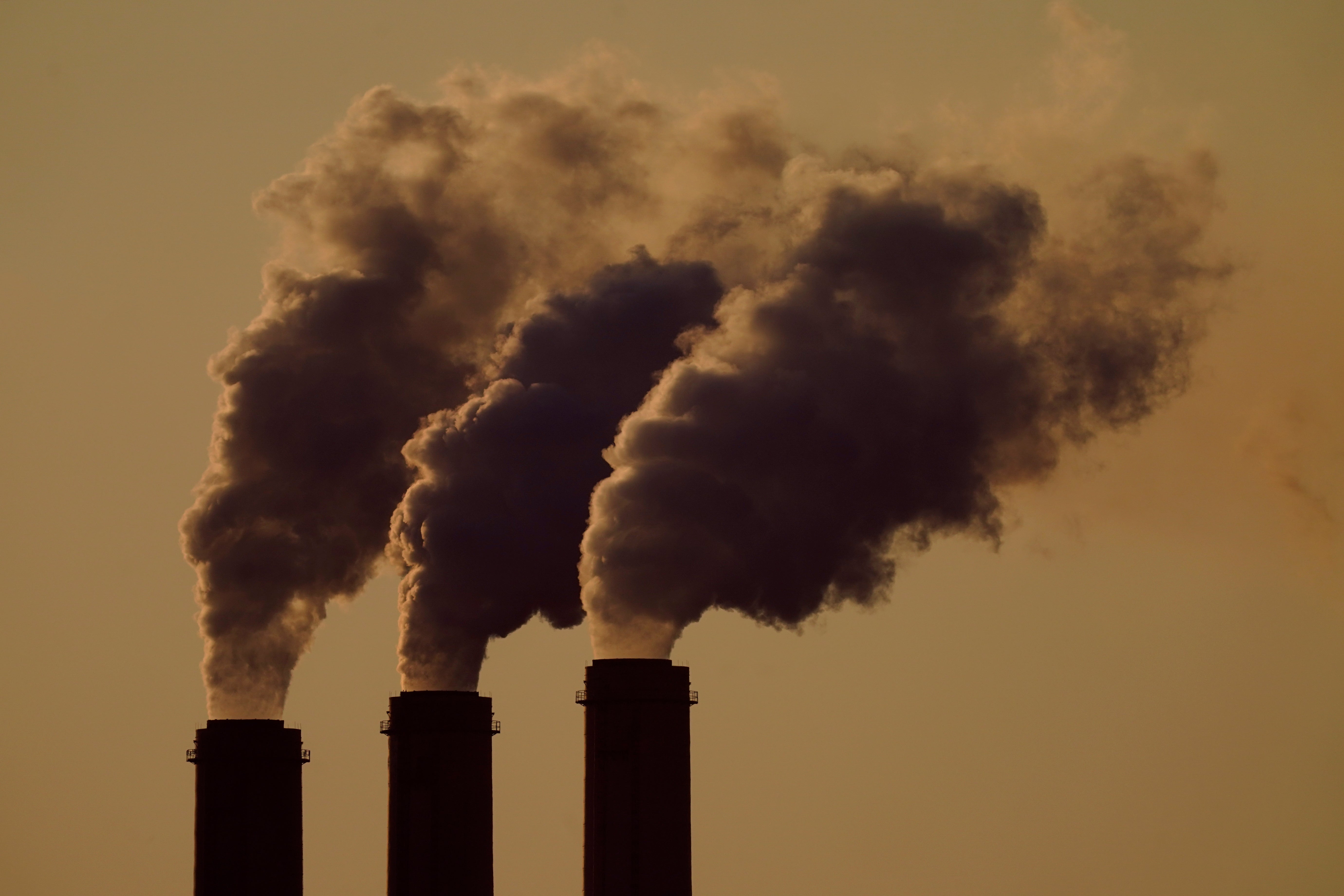Biden administration releases intelligence community’s assessments of climate change effects
Report is first-ever consensus from entire intelligence community on climate predictions

Your support helps us to tell the story
From reproductive rights to climate change to Big Tech, The Independent is on the ground when the story is developing. Whether it's investigating the financials of Elon Musk's pro-Trump PAC or producing our latest documentary, 'The A Word', which shines a light on the American women fighting for reproductive rights, we know how important it is to parse out the facts from the messaging.
At such a critical moment in US history, we need reporters on the ground. Your donation allows us to keep sending journalists to speak to both sides of the story.
The Independent is trusted by Americans across the entire political spectrum. And unlike many other quality news outlets, we choose not to lock Americans out of our reporting and analysis with paywalls. We believe quality journalism should be available to everyone, paid for by those who can afford it.
Your support makes all the difference.The White House has released a series of reports detailing the expected effects of climate change for the US and other parts of the world which included the intelligence community’s first government-wide assessment on the issue.
A White House fact sheet announced the release of the report on Thursday, spearheaded by the Office of the Director of National Intelligence, which found in part that a changing climate and its associated effects will “increasingly exacerbate a number of risks to US national security interests” both in terms of indirect responses and the specific actions governments around the world take to mitigate or respond to its effects.
Key among the report’s findings was the increased potential for major geopolitical conflicts surrounding issues ranging from control of the Arctic in the wake of receding sea ice to disputes over issues such as fresh water access and mass migration.
The report also noted that the worst of the effects are likely to be felt in the poorest developing countries around the world, thereby likely causing increased strain on US foreign aid and other international interests.
“Despite geographic and financial resource advantages, the United States and partners face costly challenges that will become more difficult to manage without concerted effort to reduce emissions and cap warming,” read the report from ODNI.
One major issue of dispute among nations, including wealthier countries, could be disagreements over which countries should be responsible for cutting carbon emissions to the highest degree, and other conflicts between nations regarding responsibility for acting on climate.
In particular, the report noted the provision of the Paris Climate Agreement that ensured individual countries were not on the hook for specific emissions targets; developing countries, the report warns, will argue that they bear less responsibility to decarbonise their energy sectors due to the economic disadvantages their countries face compared to wealthier, industrialised nations.
“Geopolitical tensions are likely to grow as countries increasingly argue about how to accelerate the reductions in net greenhouse gas emissions needed to meet Paris Agreement goals. Debate will centre on who bears more responsibility to act and to pay – and how quickly – and countries will compete to control resources and dominate new technologies required for the clean energy transition,” warns the report.
The ODNI’s assessment arrived on Thursday alongside the release of several other climate-related reports from the US government. The Departments of Defense and Homeland Security both issued analyses regarding risks associated from climate change and responses the agencies are taking to address them; a third report from the White House centered around the issue of mass migration and the likelihood that climate-related issues such as severe weather, droughts and famine will drive further migration in the decades to come.
The Biden administration pledged federal action on climate change in January upon taking office, a marked departure from the climate-denying political appointees who led various agencies under the Trump administration, which was hostile to efforts to fight climate change almost to the point of official policy.
The White House exited the Paris Agreement in 2017 under former President Donald Trump’s direction and rejoined it under President Joe Biden; now, Mr Biden faces a battle with lawmakers on Capitol Hill over how much of his climate agenda will make it into a massive infrastructure and social services package being considered by Congress.
Major parts of the president’s climate agenda are said to be at risk thanks to opposition from Sen Joe Manchin of West Virginia, a conservative Democrat who owns two coal energy companies in a blind trust operated by his son.
Reporters and climate activists have questioned whether the Biden administration will be able to hit lower US emission targets if Congress is unwilling to take action through legislation to implement restrictions on carbon emissions, such as a carbon tax or subsidies or the White House’s plan to invest billions in replacing coal and other fossil fuel-burning facilities with clean energy plants.
Join our commenting forum
Join thought-provoking conversations, follow other Independent readers and see their replies
Comments